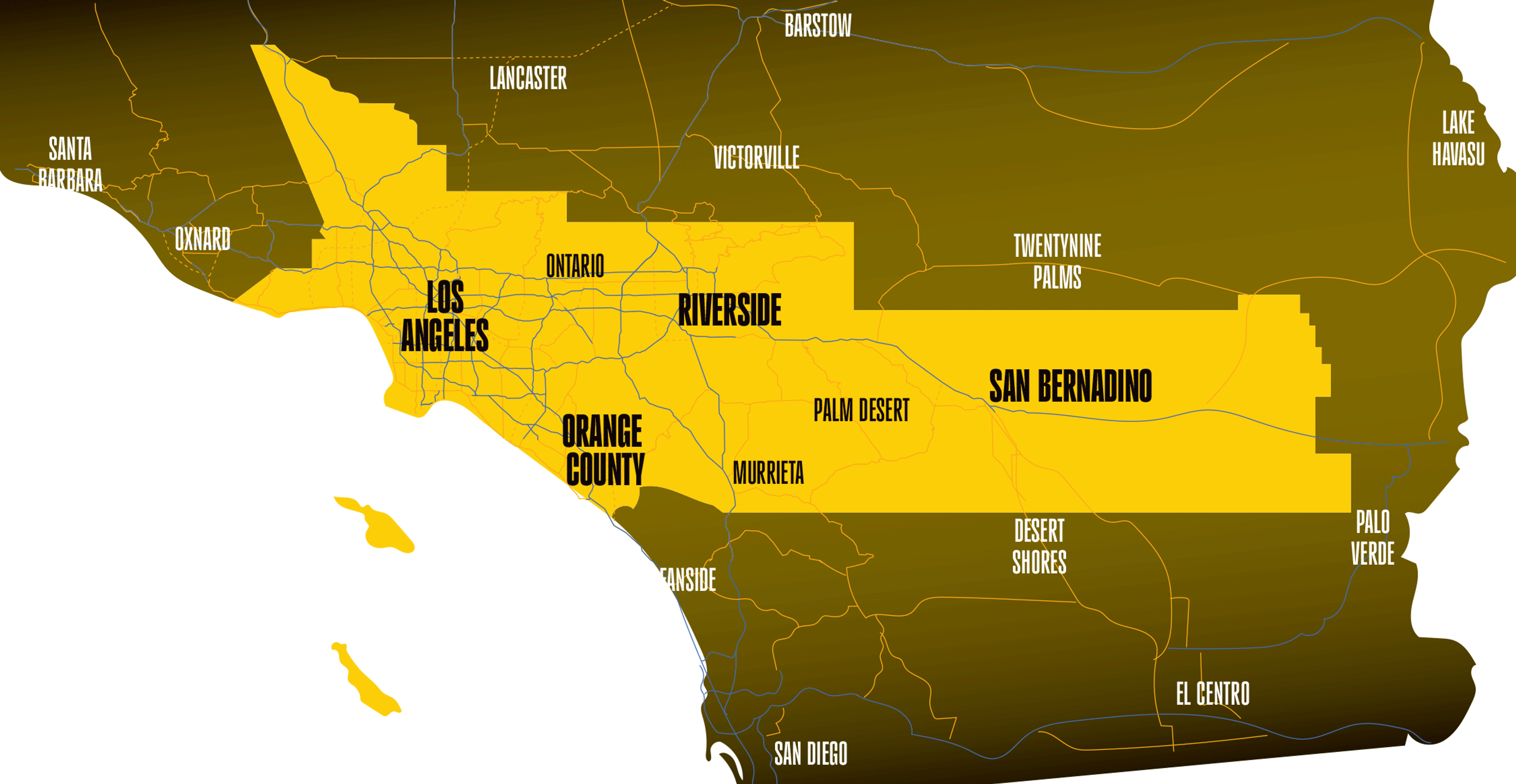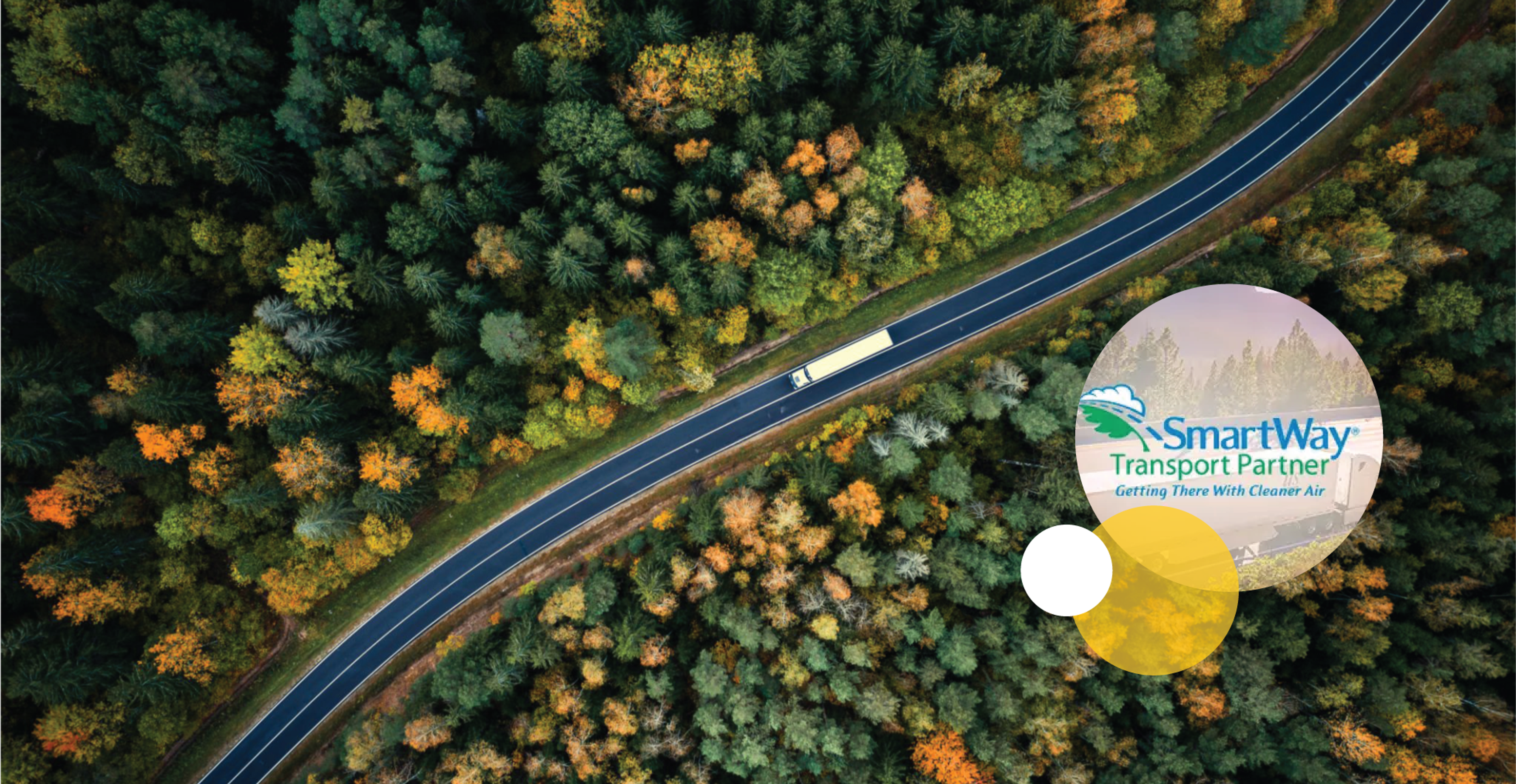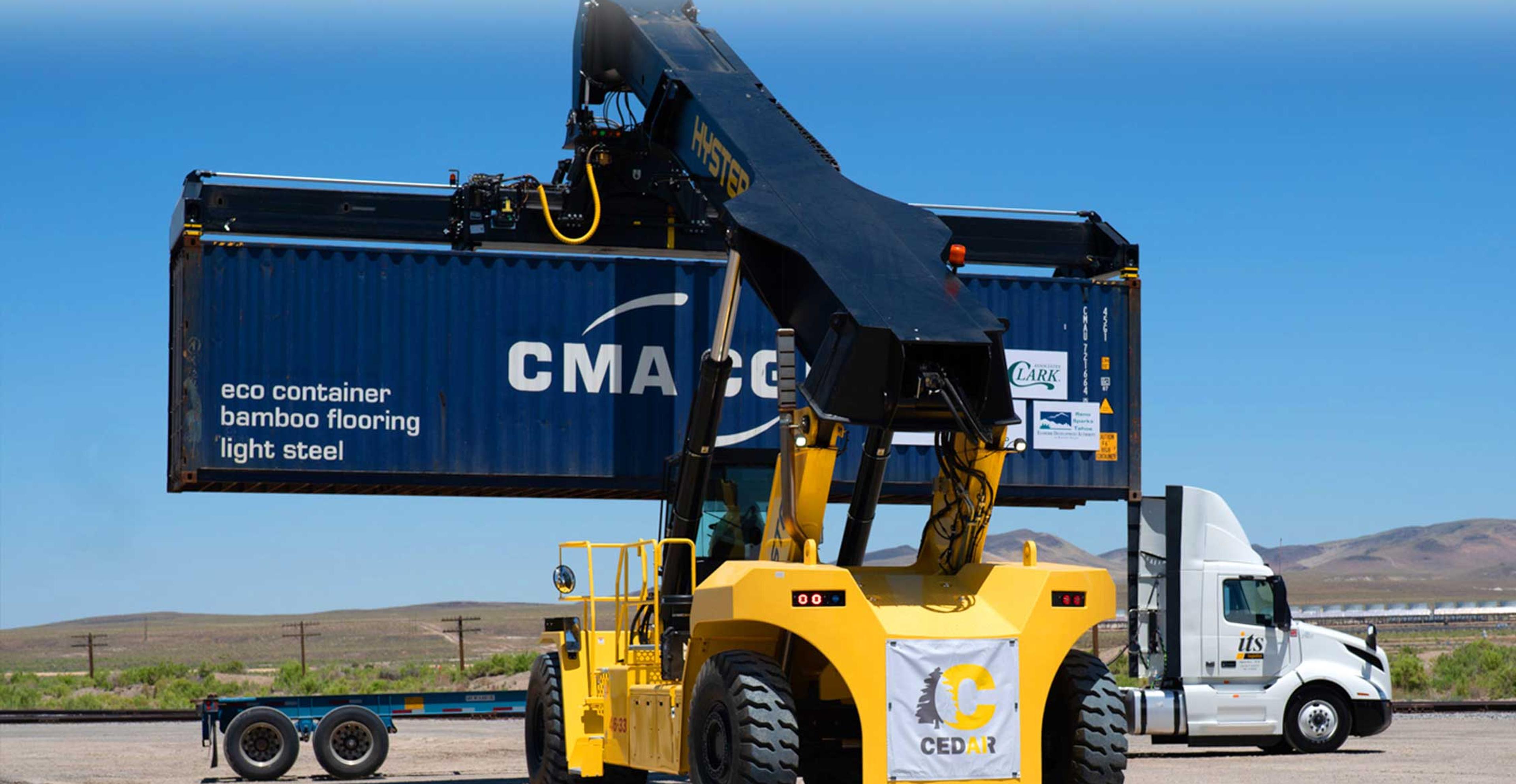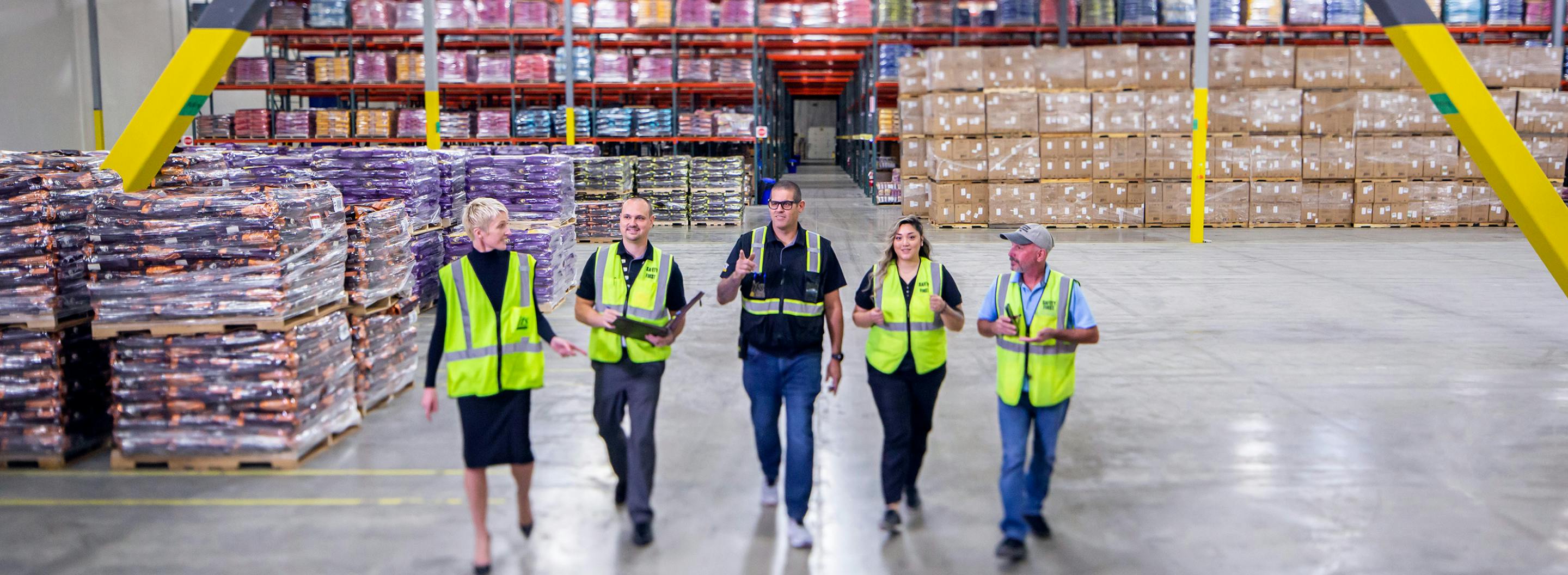The Circular Economy: A Sustainable Approach This Holiday Season
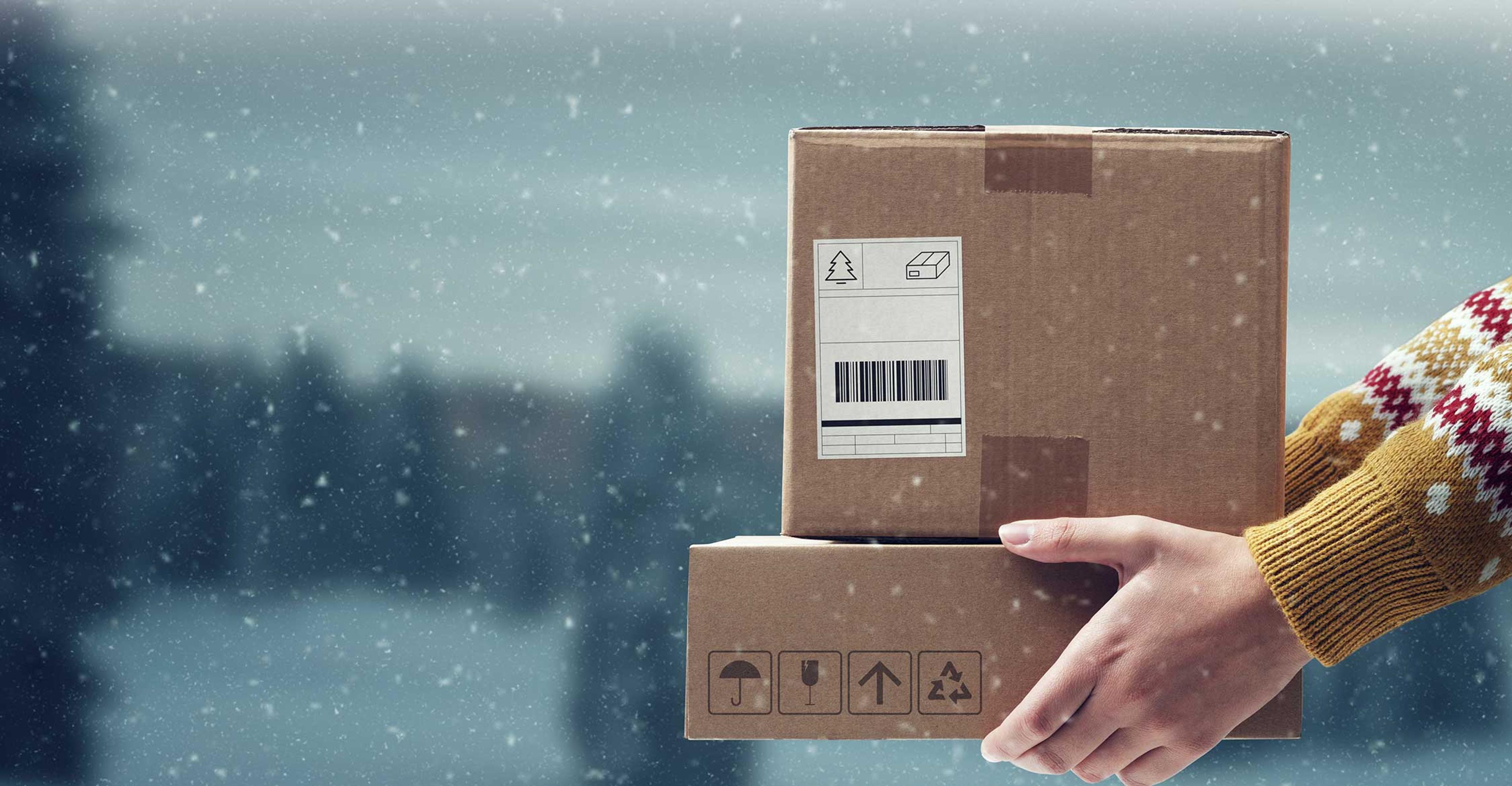
The holiday season is a cherished time for gathering with loved ones, enjoying indulgent meals, and partaking in longstanding traditions. Yet, for the logistics industry, this season takes on a different tone. It brings a whirlwind of activity across the supply chain as shippers and carriers race to meet the annual surge in ecommerce and retail demand. But as volumes grow, so does the responsibility to operate sustainably. At the heart of this effort is the circular economy —a forward-thinking approach that transforms waste into resources and challenges the way we think about packaging, transportation, and returns.
Understanding the Circular Economy
The circular economy is an economic model that aims to minimize waste and make the most of available resources. Unlike the traditional linear economy, which follows a “take, make, dispose” pattern, the circular economy emphasizes reusing, refurbishing, remanufacturing, and recycling products and materials. This approach reduces the need for raw materials, lowers energy consumption, and decreases pollution by keeping products and materials in use for as long as possible.
For logistics companies, adopting a circular economy mindset can help rethink the ways goods are transported, packaged, and delivered. This shift is particularly timely given the pressures of holiday season demand, when supply chains are stretched to their limits, and sustainable practices become a key competitive differentiator.
The Environmental Impact of the Holiday Season
During the holiday season, the environmental stakes rise significantly. The United States Environmental Protection Agency (EPA) estimates that household garbage increases by 25% between Thanksgiving and New Year’s Day. Packaging waste, in particular, skyrockets as billions of parcels are shipped worldwide. Similarly, transportation-related carbon emissions increase due to higher shipping volumes and extended delivery networks. The EPA estimates that freight transportation accounts for 28% of the total US GHG emissions, with the holiday season amplifying its impact.
The Power of Consumer Demand in Driving the Circular Economy
While businesses play a crucial role in advancing the circular economy, consumer preferences remain a powerful force shaping corporate sustainability strategies. Today’s consumers increasingly expect companies to demonstrate environmental responsibility, choosing brands that align with their values. This growing demand has driven businesses across industries to adopt circular economy practices—not just as a moral imperative but as a competitive necessity.
For logistics providers, this means embracing sustainability innovations like eco-friendly packaging, near-zero emission (NZE) and zero-emission (ZE) transportation, and efficient returns management. Companies that respond to consumer expectations build loyalty, strengthen competitiveness, and set new industry standards for sustainability.
As companies continue to innovate, the shared commitment between businesses and consumers creates a positive feedback loop that accelerates progress toward a more sustainable economy.
Sustainable Packaging: A Circular Economy Approach
Sustainable packaging is one of the most tangible ways the logistics industry can embrace the circular economy. Traditional packaging materials like plastic and cardboard contribute significantly to waste, especially during peak seasons such as the holidays. As part of our commitment to sustainability, we’ve taken steps to reduce our environmental footprint by using recycled materials in our packaging. From eco-friendly fillers made from recycled paper to the use of environmentally-conscious boxes and tape, our packaging choices are designed to minimize waste while maintaining high standards of protection for the items being shipped.
We’ve integrated smart technology into our packaging process, which allows us to ensure every shipment uses just the right amount of material—no more, no less.
Efficient Transportation: Reducing Emissions with a Circular Economy Mindset
The circular economy presents opportunities to improve efficiency in transportation.
Here are a few examples of how we are making a difference:
Optimized Routes: By leveraging teams and technology dedicated to eliminating empty miles across our fleet and carrier network, we maximize efficiency and minimize emissions.
Electric and Hybrid Fleets: We are actively exploring and implementing innovative solutions, including EV pilot programs, hydrogen pilot programs, and truckload-to-intermodal opportunities. Our efforts also extend to equipment modifications for EV compatibility and partnerships with Near-Zero Emission (NZE) or Zero-Emission (ZE) carriers.
LTL Pool Distribution: Leveraging a Pool Distribution approach can significantly reduce emissions and environmental impact. By consolidating shipments and using fewer trucks, our solution helps cut fuel consumption and the carbon footprint. Optimized routes minimize unnecessary miles, saving fuel and emissions, while fewer touchpoints lead to damage-free miles, reducing landfill waste and replacement costs.
For example, our Pool Distribution solution has helped customers achieve emissions reductions of 75–89%. In one instance, we cut CO2 emissions by 36 metric tons, reduced overall emissions by 88%, and eliminated 41 unnecessary touchpoints.
Waste Reduction Through Reverse Logistics
Reverse logistics is the process of managing the return of goods, which plays a crucial role in a circular economy. This process involves not only returning defective or unwanted items but also refurbishing, recycling, or reusing products. During the holiday season, returns are common and efficient reverse logistics can significantly contribute to waste reduction.
Refurbishing Products: Returned items can be refurbished and resold, reducing the need for new resources and helping extend the product's life cycle.
Recycling: Instead of allowing returned products to sit unused in warehouses or end up in landfills, logistics companies can create systems for efficiently sorting and recycling materials that can be reused or repurposed.
Donation Programs: Items that are in good condition but no longer needed can be redirected through donation programs, allowing them to be used by people in need rather than going to waste.
By integrating reverse logistics into their operations, logistics companies can help close the loop on product life cycles, aligning with the circular economy's principles of resource maximization and waste reduction.
The Business Case for Sustainability
For companies embracing the circular economy, it isn’t just a matter of environmental responsibility—it’s also a business opportunity. Consumers are increasingly prioritizing sustainability in their purchasing decisions, and businesses that fail to demonstrate a commitment to sustainability risk falling behind. By adopting circular economy practices, logistics companies not only reduce their environmental impact but also differentiate themselves in the market, build brand loyalty, and attract new customers.
Circular economy strategies can often lead to cost savings. By reducing waste, optimizing resources, and improving efficiency, logistics companies can lower operational costs while improving their overall sustainability profile. These long-term savings are essential for companies looking to remain competitive in a rapidly changing global marketplace.
A Sustainable Future for Logistics
Shifting behaviors and adopting circular economy practices isn’t easy. It requires a collective commitment to rethink longstanding habits and innovate new solutions. Yet, this challenge aligns perfectly with the true essence of the holidays—a time for reflection, generosity, and connection. By working together—as businesses, consumers, and communities—we can honor the season’s spirit and create lasting positive change for future generations.
As logistics companies, we have a unique platform to drive transformation, especially during this season of giving. By embracing the principles of the circular economy, we can deliver not just packages but the opportunity for a more resilient and sustainable planet.
True impact requires all of us, and at ITS Logistics, we’re ready to deliver. Together, we’re driving change—reducing emissions, prioritizing safety, and practicing transparent governance.
Learn more about our journey: https://www.its4logistics.com/our-company/sustainability
